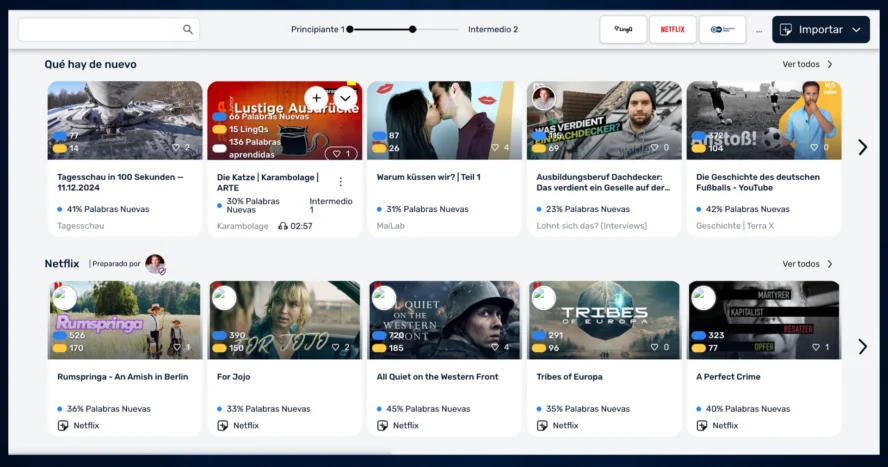Do you need a teacher to learn a language? It’s a common question, especially for those starting their language-learning journey. As a self-motivated learner, I have often found that I can make great progress independently. However, that doesn’t mean teachers don’t play a valuable role. The quick answer to this question is: you don’t need a teacher, but you can certainly benefit from one. In this post, let’s explore how teachers can help at different stages of your language journey.
Two Types of Language Learners
The Unmotivated Learner
For the unmotivated learner, a teacher can be a crucial trigger. In other words, a teacher can spark your interest and intentionally guide you through the language. In my own experience, I started as an unmotivated French learner in my teens. It wasn’t until I had an engaging, slightly sarcastic professor at McGill University that my interest was sparked. His course on French civilization, taught with humor and passion, piqued my interest.
For those lacking intrinsic motivation, a teacher can provide the spark to get started. A teacher can make learning enjoyable, provide external motivation, and offer the structure that some learners need to stay engaged.
The Motivated Learner
For self-driven learners, the role of a teacher looks different. You don’t need someone to explain grammar rules or provide basic materials. You’re likely finding this information on your own, as this information is readily available through platforms like LingQ, podcasts, and eBooks.
If you’re a motivated learner, you’re likely able to build a strong foundation in your target language independently. However, a teacher becomes most valuable when you reach an intermediate level in your language. A teacher refines your speaking skills and pushes you out of your comfort zone.
When Do Teachers Help the Most?
Early Stages: Minimal Need for Teachers
In the beginner phase, especially if you’re motivated, you don’t need a teacher. At this stage, the focus should be on exposure to the language through listening and reading. Immersing yourself in interesting, comprehensible material can help you build foundational vocabulary and develop a good grasp of the language.
For more insight and suggestions on the early stages of language learning, check out my video on how I personally approach learning a language from scratch.
Intermediate Stages: Teachers as Speaking Guides
Once you’ve reached an intermediate level (around B1 on the CEFR scale), teachers become invaluable. This is when you’re ready to speak but may struggle to express yourself fluently. You’ll need to work with someone who is patient and familiar with speaking with language learners.
A good teacher or tutor can:
- Help you expand your vocabulary.
- Correct mistakes in a constructive way.
- Push you beyond the phrases you’re comfortable using.
- Adapt lessons to your interests and goals.
At the intermediate level, speaking practice is essential, and having a patient, knowledgeable guide accelerates progress.
Advanced Stages: Back to Self-Reliance
As you progress towards a more advanced level, the role of the teacher diminishes. Your spoken and written fluency is not a hindrance to communicating with others, and you can refine your skills independently through conversations, advanced reading, consistent writing practice, etc. Teachers may still offer occasional guidance or feedback, but self-study becomes the primary driver of growth.

The Teacher’s Role in Language Learning
Given today’s abundance of resources, the teacher does not need to be the main source of knowledge. From online grammar explanations to immersive content, learners can easily access everything they need. Teachers play a guiding role, offering encouragement, and targeted feedback to the learner instead of lengthy explanations.
Great teachers inspire learners. They introduce compelling content, provide constructive feedback, and celebrate progress. Whether it’s a professional tutor, a language exchange partner, or a friend, anyone who helps you grow as a speaker can play the role of a teacher.
Final Thoughts: Do you need a teacher to learn a language?
So, do you need a teacher to learn a language? Not necessarily. But the right teacher at the right time can be a game-changer in your language learning. Whether you’re an unmotivated beginner or an intermediate learner who feels ready to speak, a teacher can help you progress to the next level.
Ultimately, language learning is a personal journey. Whether you rely on teachers or go it alone, what matters most is staying motivated and enjoying the process.








comments on “Do You Need a Teacher to Learn a Language?”